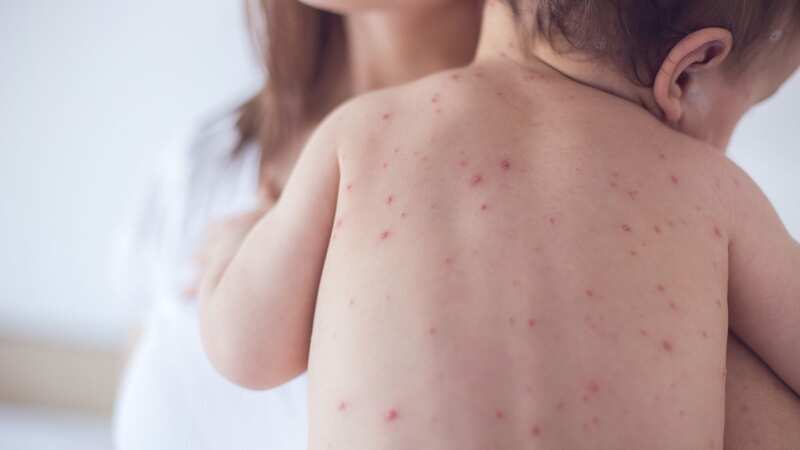Vaccine bosses call for all children to be given two chickenpox jabs through NHS
The chickenpox vaccine should be given to all toddlers through the NHS, health bosses have said.
The Joint Committee on Vaccination and Immunisation (JCVI) has called for all youngsters to be given the jab, with a dose at 12 months and again at 18 months. Currently, the vaccine is not part of the NHS childhood immunisation programme, which at the moment includes the MMR and meningitis jabs.
Countries which do roll out the chickenpox jab have much lower rates of the virus, the scientific name for which is varicella. Scientists said adding the vaccine to the NHS's schedule would "dramatically reduce rates" as well as preventing the most serious cases.
The JCVI has also recommended a temporary catch-up programme for older children be included in the programme for anyone not given the jabs as toddlers. The recommendations have now passed to the government, with officials at the Department of Health and Social Care (DHSC) to consider the next steps.
The chickenpox vaccine has been given in other countries, including the US and Australia, for many years but the NHS has always said there is a worry that introducing it in the UK could increase the risk of chickenpox and shingles in adults. It said that if a childhood chickenpox vaccination programme was introduced, people would not catch the virus as children, leaving unvaccinated children to get chickenpox as adults, when cases can be more severe.
 Girl left fighting for life after Strep turned chicken pox into flesh eating bug
Girl left fighting for life after Strep turned chicken pox into flesh eating bug
But thinking around the vaccine has now changed. Professor Sir Andrew Pollard, chairman of the JCVI, said most parents would likely consider chicken pox - known for its itchy pock marks on the skin - as a relatively mild illness.
"But for some babies, young children and even adults, chickenpox or its complications can be very serious, resulting in hospitalisation and even death." he said. "Adding the varicella vaccine to the childhood immunisation programme will dramatically reduce the number of chickenpox cases in the community, leading to far fewer of those tragic, more serious cases."
The virus usually presents itself in children under the age of 10, and creates antibodies which prevent most people from catching it again. Common symptoms include:
- an itchy, spotty rash anywhere on the body
- high temperature
- aches and pains
- loss of appetite
Sir Andrew added: "We now have decades of evidence from the US and other countries showing that introducing this programme is safe, effective and will have a really positive impact on the health of young children."
Read more similar news:
Comments:
comments powered by Disqus


































